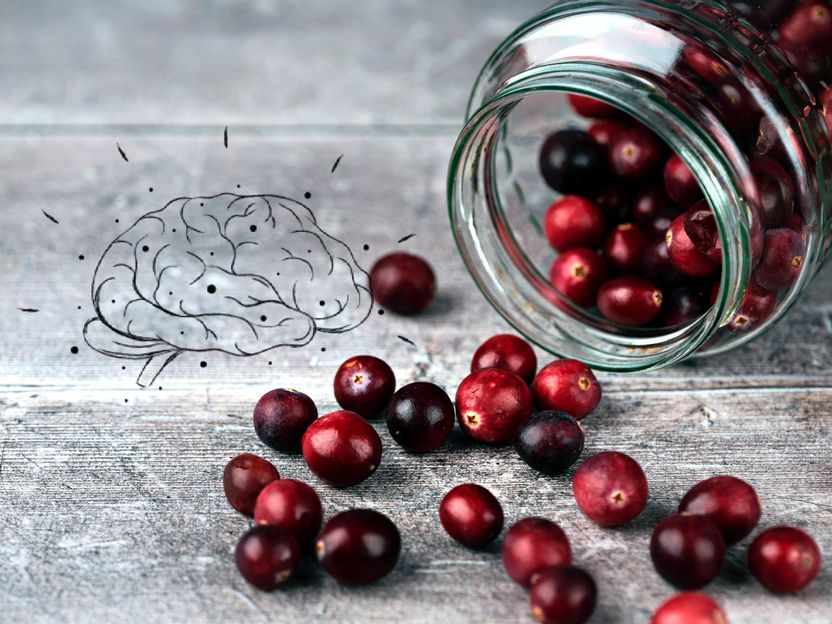Gene linked to aging also linked to Alzheimer's
SIRT1 gene appears to control production of the devastating protein fragments
MIT biologists report that they have discovered the first link between the amyloid plaques that form in the brains of Alzheimer's patients and a gene previously implicated in the aging process, SIRT1.
The researchers found that SIRT1 appears to control production of the devastating protein fragments, termed A-beta peptides, that make up amyloid plaques. They also showed that in mice engineered to develop Alzheimer's plaques and symptoms, learning and memory deficits were improved when SIRT1 was overproduced in the brain, and exacerbated when SIRT1 was deleted.
The results, reported in the July 23 issue of the journal Cell, indicate that drugs that activate SIRT1 could be a promising strategy to combat Alzheimer's, says Leonard Guarente, the MIT biology professor who led the study.
Alzheimer's disease is a neurodegenerative disorder that affects up to one-third of people who reach the age of 80. Patients suffer from memory loss and other cognitive impairments believed to be the result of damage from amyloid plaques.
Amyloid plaques form when proteins called amyloid precursor proteins (APPs) are broken into smaller amyloid peptides. However, APPs can also be cleaved into harmless protein fragments.
In this study, the MIT researchers showed that SIRT1 activates the production of an enzyme that cleaves APPs into harmless fragments instead of the Alzheimer's-associated amyloid peptides. Mice engineered to produce excess SIRT1 had reduced peptide levels, while mice with SIRT1 knocked out showed increased peptide levels.
The SIRT1 gene, which produces proteins called sirtuins, has previously been shown to regulate many cell activities, especially those involved in stress response and calorie deprivation. Guarente first drew attention to sirtuins about 15 years ago when he discovered that the yeast version of the gene, SIR2, regulates longevity in yeast. Later work revealed similar effects in worms, mice and rats.
Most read news
Other news from the department science

Get the life science industry in your inbox
By submitting this form you agree that LUMITOS AG will send you the newsletter(s) selected above by email. Your data will not be passed on to third parties. Your data will be stored and processed in accordance with our data protection regulations. LUMITOS may contact you by email for the purpose of advertising or market and opinion surveys. You can revoke your consent at any time without giving reasons to LUMITOS AG, Ernst-Augustin-Str. 2, 12489 Berlin, Germany or by e-mail at revoke@lumitos.com with effect for the future. In addition, each email contains a link to unsubscribe from the corresponding newsletter.
Most read news
More news from our other portals
Last viewed contents

ABB Robotics and Mettler-Toledo join forces to accelerate global adoption of flexible lab automation - Companies will redefining the limits of robotics in laboratories to accelerate innovation and address labor shortages
Wasabi
Protocol_(natural_sciences)

BioStore™ Automated Cryogenic Storage System | Laboratory freezers | Azenta

Digital lab management: Fully connected - Eppendorf partners up with eLabNext and Clustermarket
Breslow's_depth
Ocular_micrometer
Gastrointestinal_tract
Bromhexine
Ion_trapping
Foramen_ovale_(heart)






















































